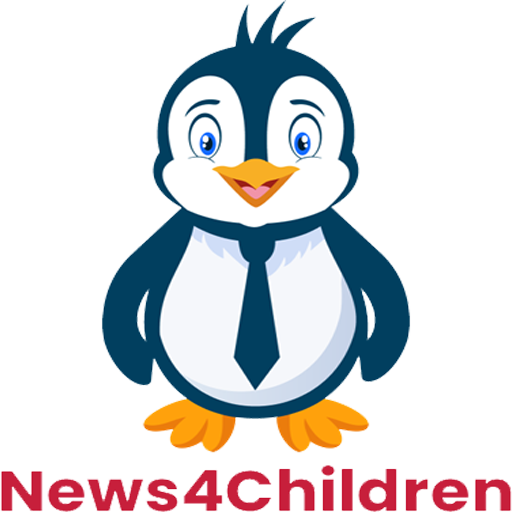Dheeksha.r@news4children.com
If most children can acquire basic foundational skills like reading and arithmetic by the end of Std II, then a huge national problem of later learning gaps can be solved
In the interim Budget 2019, government has allotted Rs 93,847.64 Crore for the education sector. In that, Rs 37, 461.01 crore is allotted towards department of higher education and Rs 56,386.63 crore is allotted towards Department of School Education and Literacy.
Under Department of School Education and Literacy, the National Education Mission comprises of Samagra Shiksha (Formed with merging Sarva Shiksha Abhiyan, Rashtriya Madhyamik Shiksha Abhiyan and Teachers Training and Adult Education). The government has allotted Rs 36,472.40 out of Rs 56,386.63 crore.
The amount may seem a lot, but that just forms 3.3% of the total budget expenditure. Last year government allotted Rs 83,625.86 crore towards the education sector and has spent Rs 80,215 crore. (according to India Today report).
Although government has taken many steps to improve education system, it still lags behind a large extent. What seems to be the problem with Indian education system?
According to 2018 Annual Status of Educational Report (ASER), the percentage of students in Std V who can read the text of Std II has reduced over a period of time. A look at the proportion of children in Std V who can read Std II level text over the last 10 years indicates that at the national level the proportion was the highest in 2008. This declined till 2012. Over the last six years the level has been rising slowly and unevenly, although the level in 2018 is still substantially lower than in 2008.
So is the knowledge of arithmetic of primary children. Although just as reading levels have shown some improvement for the last four odd years in several states, arithmetic levels too have improved noticeably in some states compared to what they were four years ago. However, the change at the national level is comparatively small. Between 2008 and 2018, the proportion of ‘division solvers’ in Std V in government schools went down from 34% to 22.7%.
Education is not about mugging the textbook, but it is about understanding basic concepts. If a child by-heart without understanding the basic concepts and does not know how to relate it to our daily life, textbooks are indeed boring. If the foundation is strong, any child will fare well and enjoy reading.
According to ASER report all available data shows that India is close to achieving ‘schooling for all’. Now is the time to make ‘learning for all’ a national priority. Ensuring that every child has the opportunity to acquire foundational skills in primary school will need substantial changes in the ways that the system currently works.
The main 3 take aways from the ASER report are:
- Appropriate assessment: Pen-and-paper assessments do not make sense for most children in Std III in India. Understanding their current level of reading or arithmetic will need other methods like working with them one-on-one with oral, interactive tasks.
- ‘Catch up’ action is needed urgently and on large scale. If most children can acquire basic foundational skills like reading and arithmetic by the end of Std II, then a huge national problem of later learning gaps can be solved. Existing research and practice show that effective programs can be implemented to solve the learning crisis early. But this requires moving away, at least for part of the school day or school year, from the current curriculum and textbook content to focus on foundations. To ensure that every child has the opportunity to ‘catch up’ requires a significant realigning of all elements of the education system. This ‘catch up’ will involve millions of children and hence how to get this done must be the highest priority for policy makers, planners, and practitioners.
- Immediate and thorough re-visioning is needed for the early grades. This extends to rethinking both ‘what’ and ‘how’. What are the goals? What should a child entering Std III be able to do? How can curriculum in the first two years support teachers and schools to enable children to reach these goals? How should it be reflected in textbooks and other content? How should teaching practice and assessment methods be changed? It is not simply a question of ‘lightening’ the load but more of reconceptualizing what is needed and at what pace. Today’s textbooks expect a far higher level of literacy and numeracy ability than today’s children bring to the classroom in Std I, II, or III. It is essential and urgent to realign academic expectations with the system’s ability to deliver, with teachers’ capability to support, and children’s capacity to acquire, accumulate, and progress.
All available data shows that India is close to achieving ‘schooling for all’. Now is the time to make ‘learning for all’ a national priority. We need to move beyond this year’s ASER headlines into meaningful action. Ensuring that every child has the opportunity to acquire foundational skills in primary school will need substantial changes in the ways that the system currently works.
We need to rework what we are doing, why we are doing it, and how we do it, from the policy level to the classroom level.
Source: http://www.asercentre.org

